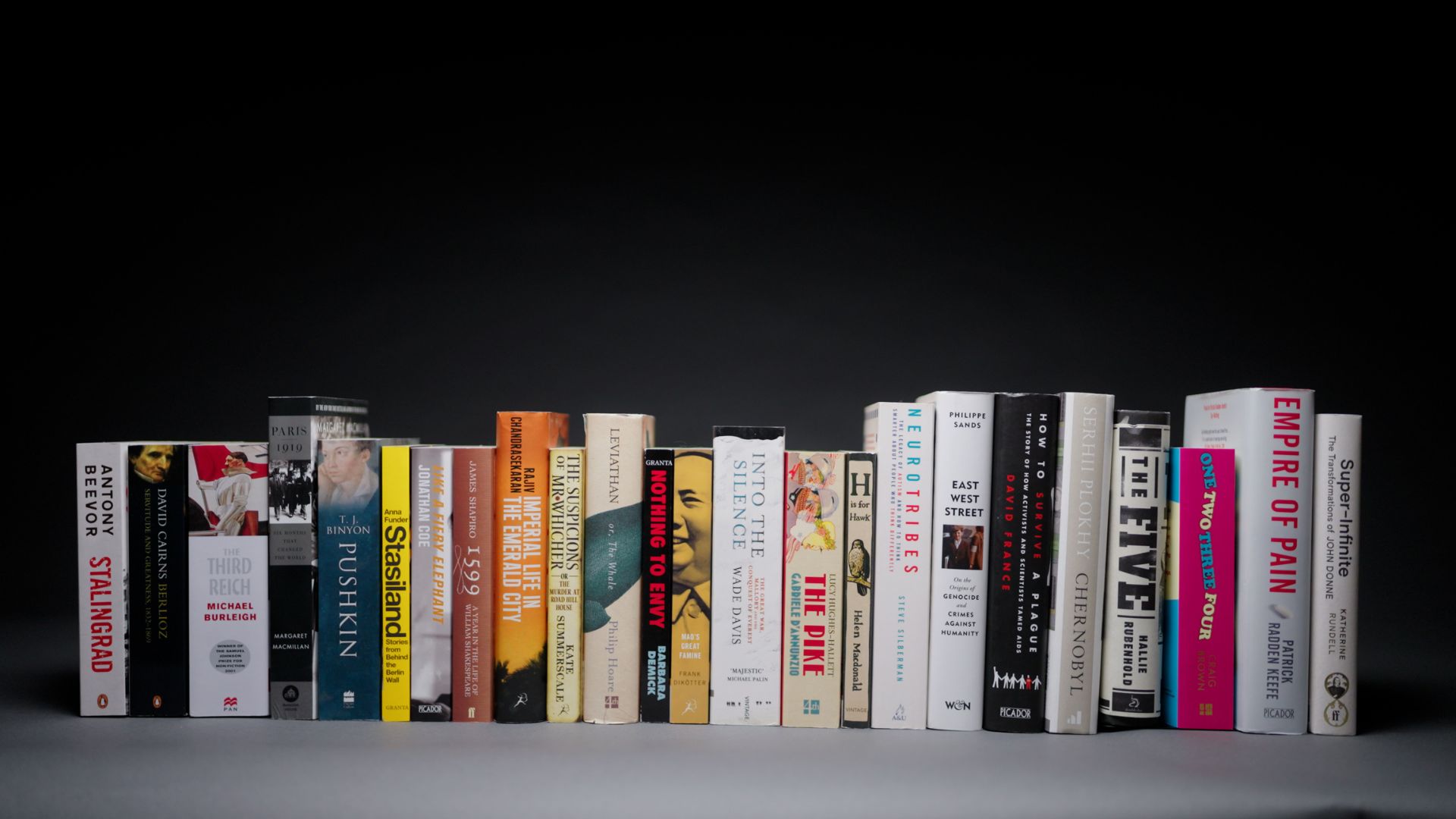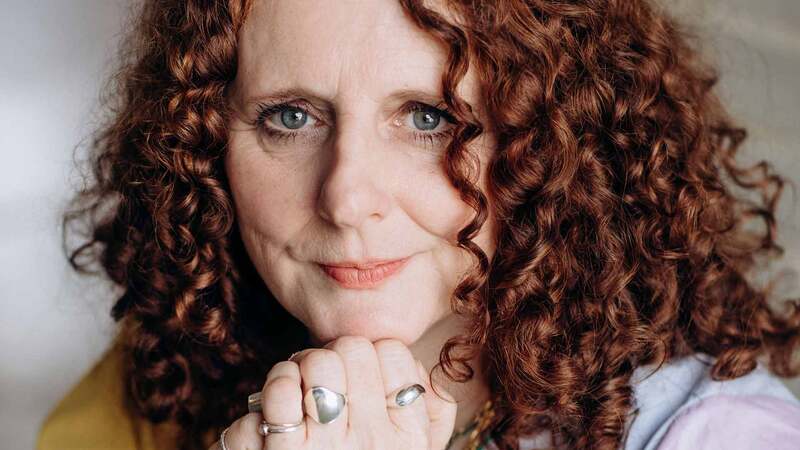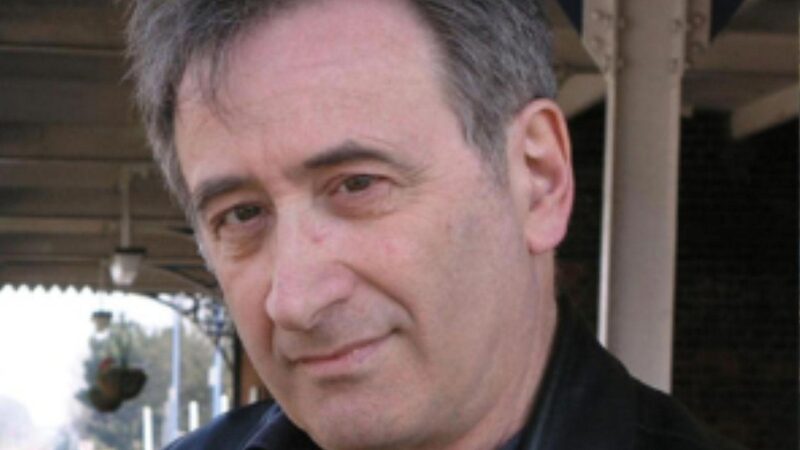You are viewing your 1 free article this month. Login to read more articles.
Baillie Gifford Prize celebrates 25 years with Winner of Winners Award
The Baillie Gifford Prize for Non-Fiction is celebrating its 25th anniversary with a Winner of Winners Award, a special one-off award to crown the best work of non-fiction selected from its previous 24 winners
The judges for the award will be New Statesman editor-in-chief Jason Cowley (chair), academic, critic and broadcaster Shahidha Bari, journalist, author and academic Sarah Churchwell, and biographer and critic Frances Wilson.
Together, they will select a shortlist from the previous winners of the prize (announced on 9th March), before choosing an overall winner who will be announced on 27th April at an event at the National Museum of Scotland in Edinburgh.
The most recent Baillie Gifford prizewinner was Katherine Rundell for her book Super Infinite: The Transformations of John Donne (Faber & Faber) in 2022. The year before that, Patrick Radden Keefe took the prize for Empire of Pain: The Secret History of the Sackler Dynasty (Picador). Other winners include Kate Summerscale and Margaret MacMillan.
The anniversary will also be marked by a one-off documentary "All The Best Stories Are True" which explores the very best in non-fiction writing over the past 25 years. Organisers said: "From nailbiting moments to life-changing stories, the documentary uncovers how the prize started out and what the next 25 years hold for readers and writers in a world now steeped in fake news".
It will be available to watch on the Baillie Gifford Prize YouTube channel this February.
In addition, Waterstones will be celebrating the anniversary with displays of all previous winners, paying tribute to the prize’s history and influence as the biggest UK-based non-fiction book award.
Cowley said: “This is an outstanding list of prize-wining books. In recent weeks I have been reading—and in some cases re-reading—them with great pleasure. It will be an honour as well as a considerable challenge for my fellow judges and I to choose a winner—the best of the best.”
Toby Mundy, prize director, said: “It seems incredible that the prize is marking its quarter century. Throughout that time, the judges have maintained fabulously high standards and I do not envy this group their task of choosing the best of a superb collection of books. At the same time, in this era of fake news and alternative facts, the need to celebrate high-quality, brilliantly written non-fiction seems more necessary than ever.”
The prize was launched in 1998 by publisher Stuart Proffitt and PR executive Dotti Irving. Originally known as the Samuel Johnson Prize for Non-fiction, the first award was presented to Antony Beevor for his book Stalingrad (Viking) in 1999.


















